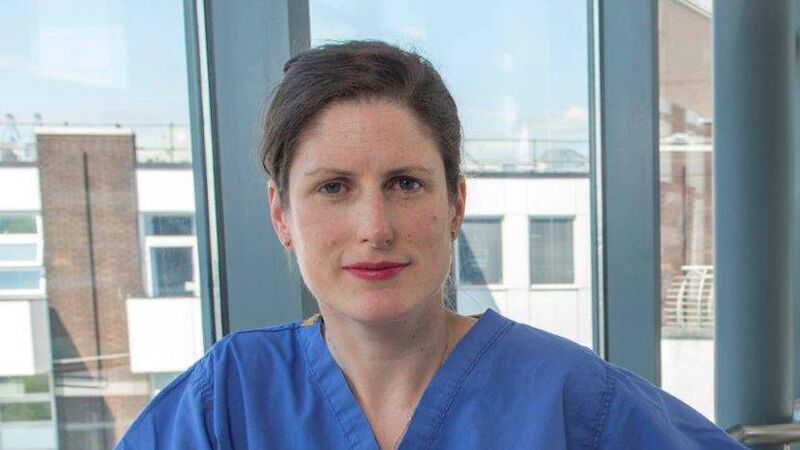Just 10% take up cervical check invitation since screening restarted

Just 12, 000 of 110,000 women contacted since July have come forward for their appointment, Dr Noirin Russell, a consultant obstetrician and gynaecologist at Cork University Maternity Hospital, said. File Picture.
Only one-tenth of women have taken up invitations for cervical screening checks from 110,000 letters issued since July, one of the country’s leading experts has warned.
Consultant obstetrician, gynaecologist and clinical senior lecturer at Cork University Maternity Hospital (CUMH), Dr Nóirín Russell, said restarting cancer screening after it was paused by the Covid-19 pandemic has been very challenging.
Since July 6, consultants have managed to ensure capacity for screened patients in primary care, laboratory and secondary care capacities, she told the Irish Hospital Consultants Association (IHCA) annual conference.
“Our priorities are providing a safe environment for screening, prioritising participants who are waiting the longest, and ensuring the next steps are available for the woman who screens positive.
“Our challenge is that we have sent out more than 110,000 invitations and only 12,000 women have come forward and made their appointment,” she said.
Fear of coming into healthcare settings because of the fear of Covid-19 was “deeply worrying and concerning”, the clinical director of the screening programme CervicalCheck said.
“There are a couple of issues.
"There has been a culture in cervical checks that women have got their first invitation letter, and waited for their reminder, and their second reminder.
We have started a social media campaign that was launched last week to encourage women to attend.
“There is a lot of fear out there, this is not just applicable in cervical cancer screening. We are seeing it across healthcare where people are afraid to come into healthcare settings.”
Increased awareness and understanding of the process would be key, she said.
“The issue is that there may be a little bit of a lack of understanding, and there may be a bit of work for us to do, about the fact that having the screening test in primary care is only the first part of the process.
"In the programme, we need to make sure that we have the next steps ready and we need to have the capacity in the laboratories and in the colposcopy clinics and histology laboratories.
“We need to explain that a bit better.
In relation to gynaecology outpatients, just over 30,000 women are awaiting appointments at the end of August - a more than 40% increase since 2014, according to Ms Russell.
“It is impossible to have a functioning cervical cancer screening service without a functioning gynaecology service. We need to recognise interdependency in healthcare,” she said.
Cervical Check is operating to best international standards, she said, while some 50% of cervical cancers are diagnosed in gynaecology clinics.
Women with symptoms need urgent expert assessment, and since the restart of services, women waiting the longest are also being prioritised, while also being ensured the next steps are available if a screening is positive.





